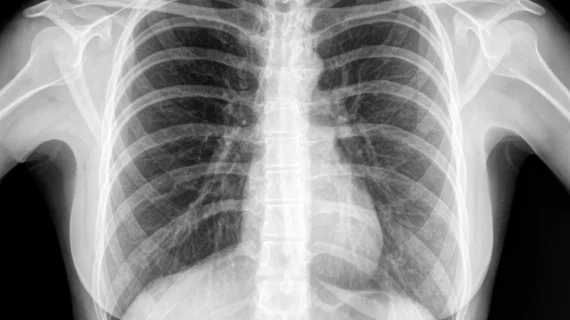Google axed release of vast x-ray dataset following NIH privacy concerns
In 2017, Google was set to publish a dataset containing 100,000 chest x-rays. Two days before that happened, however, the National Institutes of Health phoned the tech-giant explaining those images, which it had provided previously, contained personal patient information; Google then cancelled the release.
The narrowly averted legal catastrophe was reported in a Nov. 15 story published by the Washington Post, which spoke with an anonymous source and reviewed emails on the matter. Those emails revealed that employees at Google worked with the NIH to deidentify personal information from the images, but dates and even jewelry that could potentially identify someone were not properly erased.
Google’s near error highlights the many potential pitfalls stemming from big tech’s growing obsession with collecting data to revolutionize healthcare.
“We take great care to protect patient data and ensure that personal information remains private and secure,” Google spokesman Michael Moeschler told the Post. “Out of an abundance of caution, and in the interest of protecting personal privacy, we elected to not host the NIH dataset. We deleted all images from our internal systems and did not pursue further work with NIH.”
Read the entire story below:

